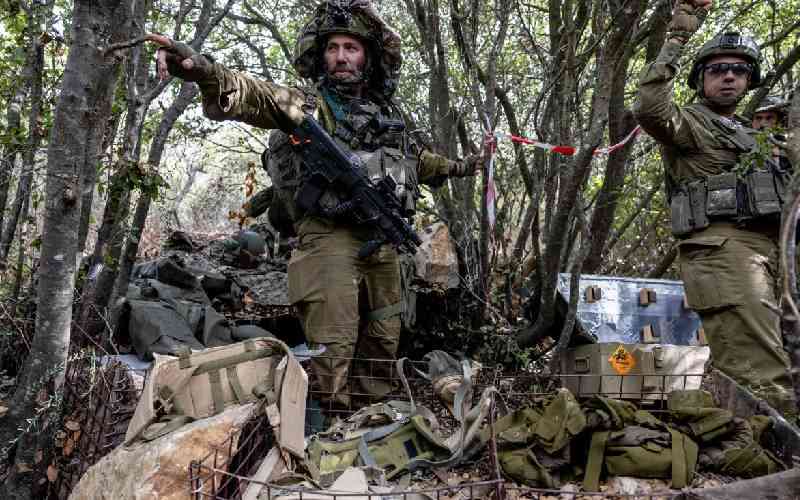×
The Standard e-Paper
Smart Minds Choose Us

Hezbollah said it targeted an Israeli naval base on Monday, a day after a drone strike killed four soldiers in the deadliest attack on Israel since the war in Lebanon began.
The group said its fighters launched rockets at a naval base near Haifa in northern Israel, calling it a tribute to its leader, Hassan Nasrallah.







